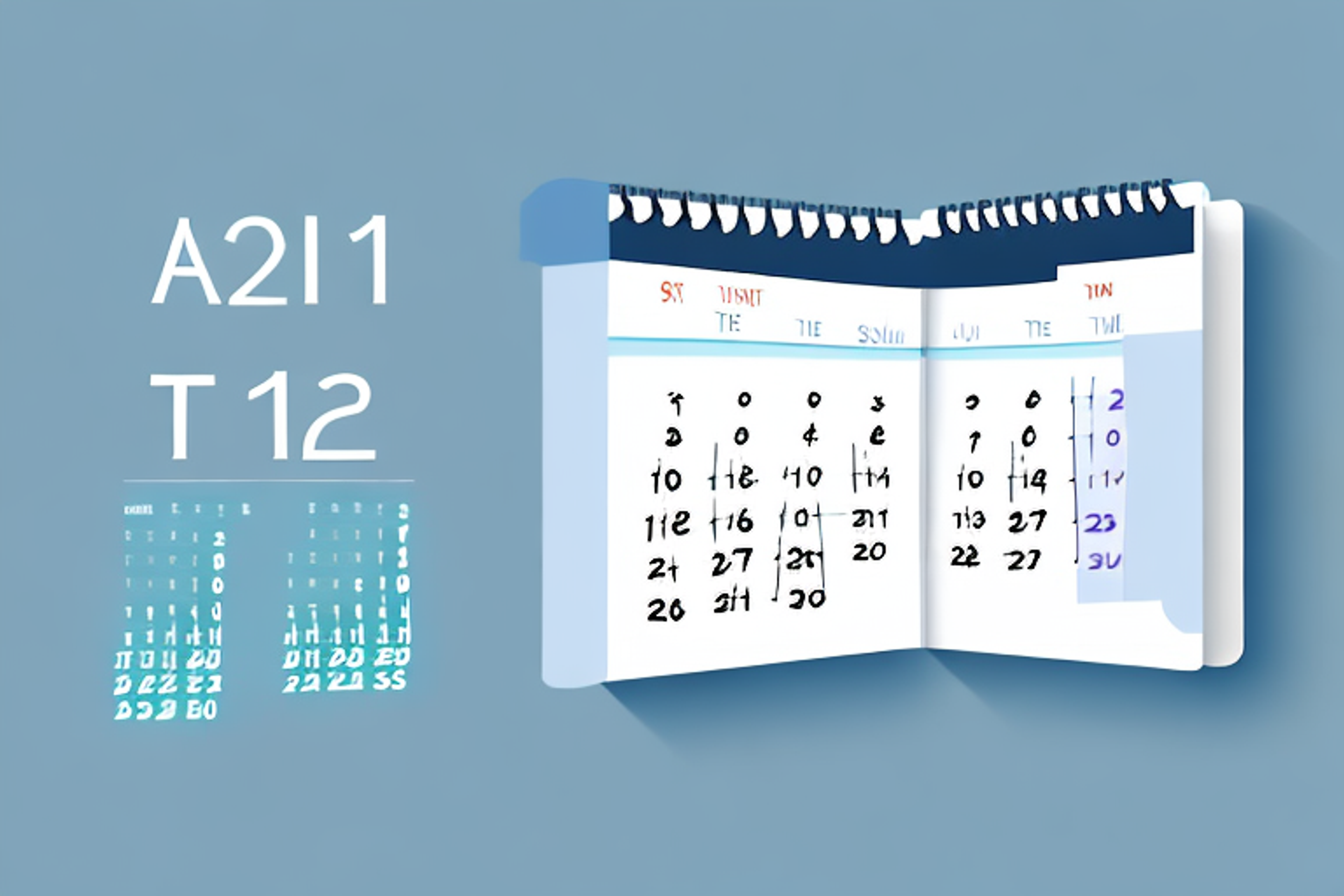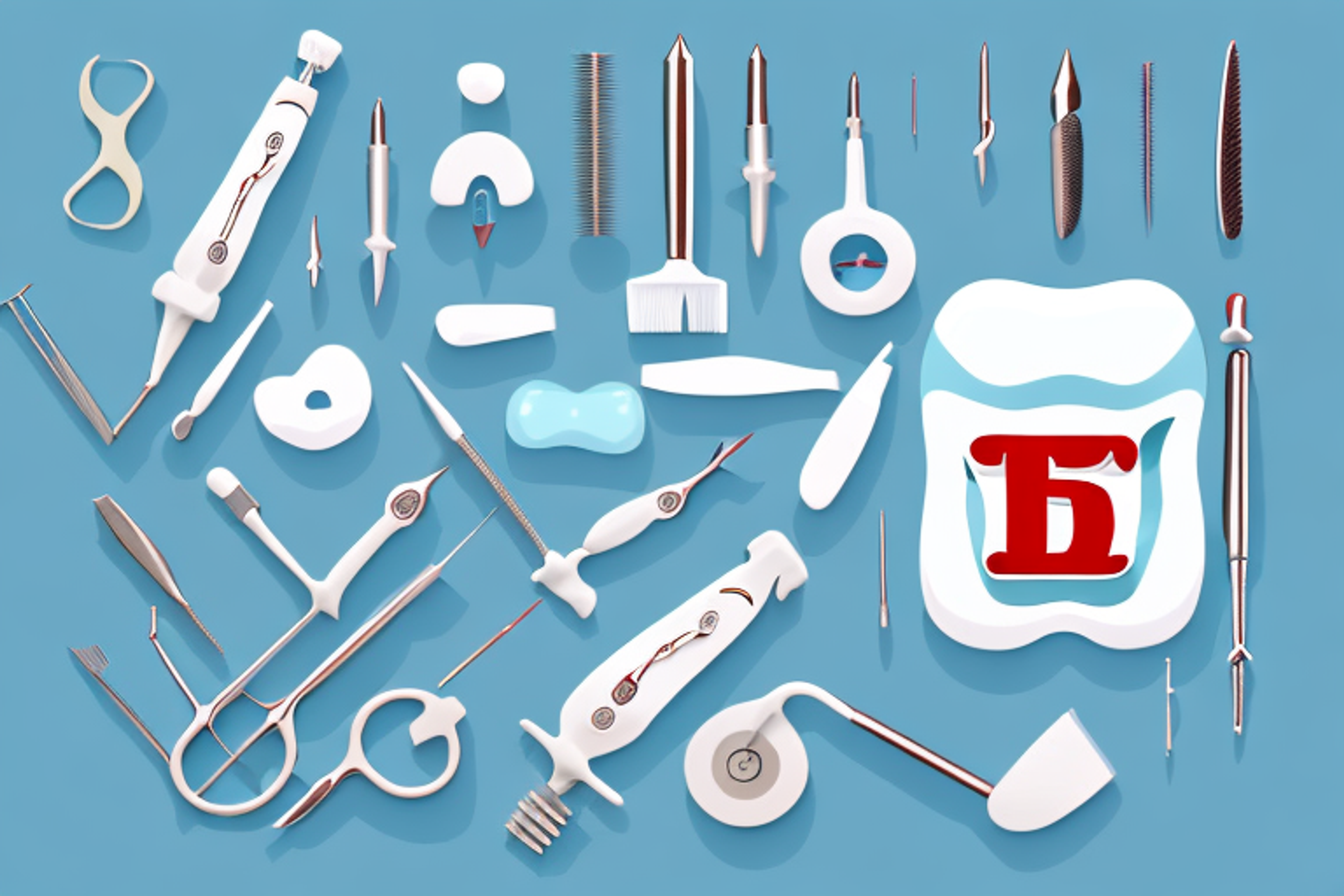
Table of Contents
The Dental Admission Test (DAT) is a crucial step in your journey towards becoming a dental student. However, preparing for the exam can be an incredibly challenging and stressful process. From braving the voluminous course material to maintaining a regular study schedule and dealing with the pressure of test day, there can be a lot weighing down on your mental well-being. In this article, we'll discuss the different ways in which you can prioritize your mental health while prepping for the DAT.
The Importance of Prioritizing Mental Health During DAT Prep
While studying hard is essential to cracking the DAT, taking care of your mental and emotional health is equally important. Neglecting your well-being can lead to increased stress levels, lowered performance, and a sense of overall burnout. Hence, prioritizing your mental health should be your topmost priority during DAT prep.
One way to prioritize your mental health during DAT prep is to incorporate self-care practices into your daily routine. This can include taking breaks to do activities that you enjoy, such as exercising, meditating, or spending time with loved ones. Additionally, seeking support from friends, family, or a mental health professional can also be beneficial in managing stress and maintaining a healthy mindset. Remember, taking care of your mental health is not a luxury, but a necessity for achieving success in both your academic and personal life.
Tips for Balancing Studying and Self-Care
One of the most challenging aspects of DAT prep is balancing studying with personal self-care. It's essential to put in enough study hours, but that shouldn't come at the cost of your mental well-being. To maintain balance, allocate a regular time slot for leisure activities like exercise, reading, or spending time with family and friends. This will not only help you recharge but also ensure that you're not over-exerting yourself.
Another way to balance studying and self-care is to prioritize your tasks. Make a to-do list and rank your tasks in order of importance. This will help you focus on the most critical tasks first and avoid feeling overwhelmed. Additionally, break down your study sessions into smaller, manageable chunks. This will help you stay focused and avoid burnout.
Finally, don't forget to take care of your physical health. Eating a balanced diet, getting enough sleep, and staying hydrated are all essential for maintaining your energy levels and mental clarity. Consider incorporating healthy snacks like fruits and nuts into your study routine and taking short breaks to stretch or go for a walk. Remember, taking care of yourself is just as important as studying for the DAT.
Understanding the Connection Between Stress and Performance on the DAT
Stress and anxiety are common aspects of preparing for any exam, and the DAT is no exception. However, too much stress can negatively impact your performance on the exam. To avoid this, learn to identify stressful situations and take a break when you need it. Regular exercise or meditation can help you relieve stress significantly and build your mental stamina to get through the tough prep phase.
It's important to note that stress can also affect your physical health, which can further impact your performance on the DAT. Make sure to prioritize self-care during your exam preparation, such as getting enough sleep, eating a balanced diet, and staying hydrated. Additionally, consider seeking support from friends, family, or a mental health professional if you are feeling overwhelmed. Remember, taking care of your mental and physical health is crucial for achieving success on the DAT.
The Role of Exercise in Boosting Mental Health and Cognitive Function
Exercise is an essential aspect of maintaining your mental and physical health during DAT prep. Not only does working up a sweat release endorphins, which boost your mood, but it also enhances your cognitive function. So, make sure to incorporate daily physical activity, whether it's going for a run, practicing yoga, or simply taking a stroll in nature.
Research has shown that regular exercise can also improve memory and concentration, which are crucial skills for success on the DAT. Exercise increases blood flow to the brain, which helps to nourish brain cells and promote the growth of new ones. Additionally, physical activity has been linked to a reduction in stress and anxiety, which can interfere with cognitive performance. So, in addition to studying and practicing DAT questions, be sure to prioritize exercise as part of your overall preparation strategy.
Building a Support System: Who Can Help You Through This Process?
When it comes to getting through the DAT prep phase, having a solid support system can make all the difference. Reach out to friends, family, and classmates who understand the rigors of the exam and can offer emotional support and encouragement. It's also a good idea to connect with other pre-dental students via online forums, clubs, or other social media networks for more support.
Additionally, consider seeking out a mentor who has already gone through the DAT process and can offer guidance and advice. This could be a professor, dentist, or even a fellow student who has already taken the exam. They can provide valuable insights into the exam and offer tips on how to prepare effectively. Remember, you don't have to go through this process alone. Building a support system can help you stay motivated and focused on achieving your goals.
Mindfulness Techniques for Reducing Anxiety and Improving Focus
Mindfulness practices, like deep breathing, guided meditations, and yoga, can be great tools for reducing anxiety and keeping your focus during DAT prep. Incorporating mindfulness into your daily routine can help you stay calm and centered, even during stressful periods.
One of the most effective mindfulness techniques for reducing anxiety is progressive muscle relaxation. This involves tensing and then relaxing each muscle group in your body, one at a time, to release tension and promote relaxation. Another technique is visualization, where you imagine yourself in a peaceful and calming environment, such as a beach or a forest.
Research has shown that regular mindfulness practice can also improve cognitive function and memory. By training your brain to focus on the present moment, you can improve your ability to concentrate and retain information. This can be especially helpful during DAT prep, where you need to absorb and recall a large amount of information.
The Benefits of Regular Sleep and How to Improve Your Sleep Habits
You need enough quality sleep to maintain your cognitive function during DAT prep. The recommended amount for adults is 7-8 hours each night. To improve your sleep habits, try to avoid caffeine, nicotine, and sugary foods before bedtime. Develop a relaxing bedtime ritual and make sure your sleeping space is comfortable and conducive to sleep.
Regular sleep has numerous benefits for your overall health and well-being. It can improve your mood, increase your productivity, and boost your immune system. Lack of sleep, on the other hand, can lead to a range of health problems, including obesity, diabetes, and heart disease.
If you're having trouble falling asleep, there are several techniques you can try. One popular method is called progressive muscle relaxation, which involves tensing and relaxing different muscle groups in your body. Another technique is called visualization, where you imagine a peaceful scene or scenario to help you relax and fall asleep.
Strategies for Managing Test-Day Jitters and Nerves
It's entirely natural to experience test-day jitters before taking the DAT. To manage your nerves, practice visualization techniques, like imagining a positive test-taking scenario. Remember to eat a nutritious breakfast and arrive at the test center well before your schedule, giving you enough time to settle down and feel comfortable. Deep breathing exercises can also help you calm down and maintain focus.
Coping with Setbacks: How to Bounce Back from Disappointments During DAT Prep
At some point, you may experience setbacks during DAT prep, like scoring below your expectations on a practice exam. It's important to understand setbacks and failures are a part of the process, and learning how to cope with them effectively will make you more resilient in the long run. Seek out advice from mentors or instructors, analyze what went wrong, and learn from your mistakes.
Overcoming Burnout: Signs to Look Out For and How to Recover
Burnout can occur when you've been pushing yourself too hard during DAT prep. Some of the signs include exhaustion, apathy, and irritability. The best way to avoid burnout is to take breaks often and in between your study sessions. If you suspect you may be experiencing burnout, take a few days off to rest and recharge your batteries.
Seeking Professional Help: When to Consider Therapy or Counseling During DAT Prep
If you're feeling consistently overwhelmed, stressed, or anxious, it may be time to seek professional help. Therapists or counselors can help you identify your triggers, offer you support in dealing with stress and anxiety, and give you customized tools and strategies to get through tough times. If you're considering seeking professional help, consult with your healthcare provider to find appropriate resources in your area.
In conclusion, managing your mental health while preparing for the DAT is crucial to ensure your success. By prioritizing your well-being, balancing your studies with self-care, seeking support, and utilizing mindfulness techniques and strategies, you'll be able to get through the tough DAT prep phase with confidence and resilience.











